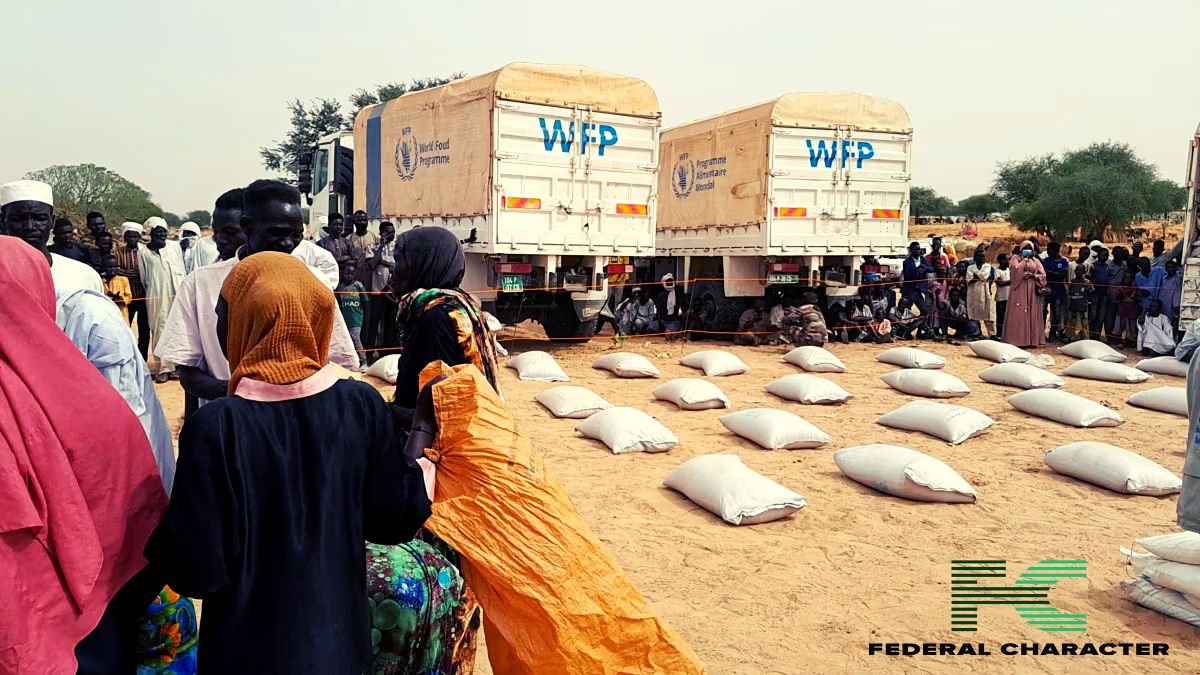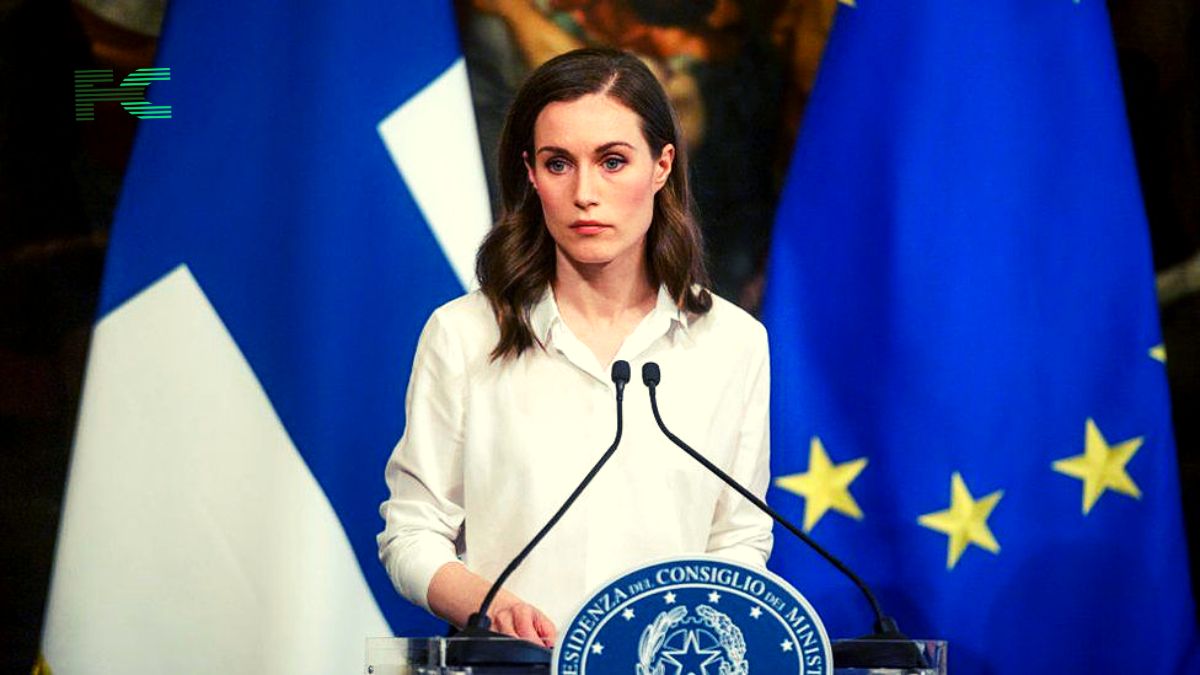U.S. President Donald Trump said on Saturday that the leaders of Thailand and Cambodia have agreed to hold immediate ceasefire talks, following intense fighting at their shared border that has now killed more than 30 people and displaced over 130,000 others.
Trump, who posted multiple updates on social media during a visit to Scotland, said he personally spoke with Cambodian Prime Minister Hun Manet and Thailand’s acting Prime Minister Phumtham Wechayachai.
“Both Parties are looking for an immediate Ceasefire and Peace,” Trump wrote, while warning that U.S. trade deals with both countries were at risk if fighting continued.
Heavy Clashes on Thai-Cambodian Border Displace Thousands
The fighting, which started earlier in the week, entered its third day on Saturday, with new clashes reported in Cambodia’s Pursat Province and Thailand’s Trat Province areas not previously affected.

The conflict centers on ancient temple territories and undemarcated border areas, issues that have fueled tensions for decades.
As of Saturday, Thailand reported 20 deaths — including 7 soldiers and 13 civilians — while Cambodia reported 13 deaths — including 5 soldiers and 8 civilians.
Over 130,000 people have fled their homes since the violence erupted. In Thailand’s Sisaket province, university halls were turned into shelters for displaced families.
ASEAN Chair Anwar Ibrahim Pushes for Regional Ceasefire
Malaysian Prime Minister Anwar Ibrahim, who chairs the ASEAN regional bloc, also called for a ceasefire and offered to mediate. He said his foreign ministry was already in contact with both sides.
“There is still some exchange of fire,” Anwar said in remarks reported by Bernama, Malaysia’s state news agency.
Anwar said he personally intended to keep engaging with Thailand and Cambodia, “at least to halt the fighting.”
Cambodia has backed Malaysia’s ceasefire push, while Thailand said it agreed in principle.
UN Security Council Briefed as Each Side Blames the Other
During a United Nations Security Council briefing on Friday, Thailand accused Cambodia of planting new landmines and launching surprise attacks. Cambodia denied this and said Thailand had carried out “unlawful” military aggression.
Thailand’s Ambassador to the UN, Cherdchai Chaivaivid, said Cambodian troops were “mobilizing military equipment” and expanding their border aggression.
Cambodia responded by asking the international community to “condemn Thailand’s aggression in the strongest terms”, saying its sovereignty was under threat.
Old Disputes Over Ancient Temples Fuel Tensions
The conflict between Thailand and Cambodia is not new. The two countries have long clashed over border zones, especially around ancient temples like Preah Vihear and Ta Moan Thom.
Though the International Court of Justice awarded Preah Vihear to Cambodia in 1962, tensions rose again in 2008 when Cambodia tried to list it as a UNESCO World Heritage Site. Skirmishes followed, and at least a dozen people died in earlier clashes.
In June, Cambodia asked the court to intervene again. Thailand rejected the move, saying it prefers a bilateral solution.
Ceasefire Talks Between Thailand and Cambodia Come After Serious Losses
After three days of deadly clashes, it appears Thailand and Cambodia are finally ready to talk peace. With over 30 lives lost and 130,000 people displaced, the cost of this dispute has become too high for both countries to ignore.
President Trump says both leaders have agreed to meet and begin ceasefire negotiations, while regional and global actors — from Malaysia to the UN — are observing closely.

















